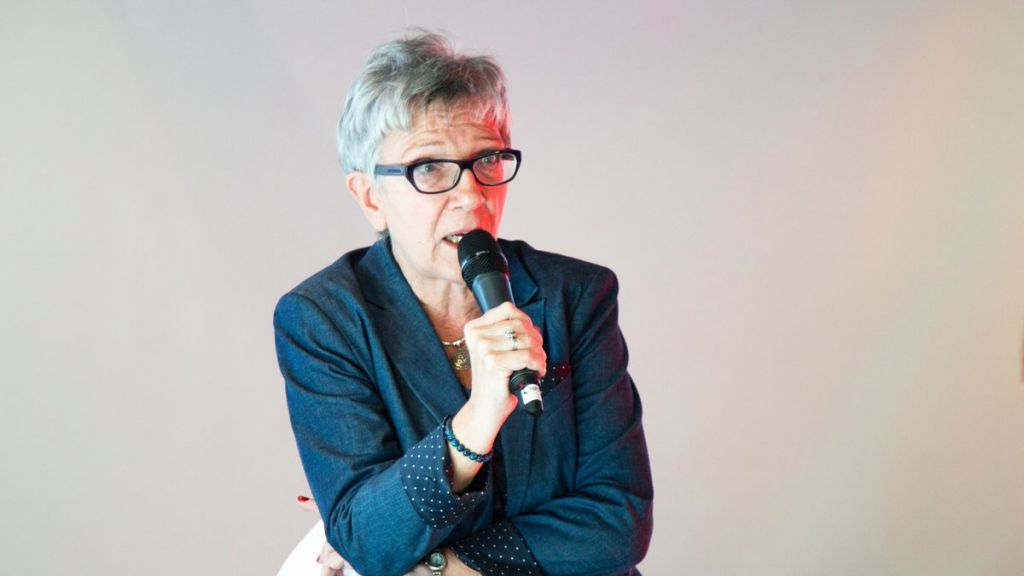These are the words of Danuta Przywara, Chairperson of the Polish Helsinki Foundation for Human Rights, speaking at the opening of the UN Human Rights Council.
“The idea that we will never again be at war with each other, as prescribed in Article 2 of the Charter of the United Nations needs a true commitment to hold all States and their leaders accountable when they threaten such peace, by promoting racism, discrimination, people segregation, by drawing lines between ‘ourselves’ and ‘others,’ by building walls instead of building fair societies.
All of which we said ‘never again’ to.”
Przywara was one of four civil society representatives, from around the world, to address heads of state and dignitaries at the opening of the Council. She was clear on the vital importance of human rights; she was also clear on the threats to them:
“What we witness today are times in which those holding the executive power too often believe others are to obey; times in which a judge can be referred to as a ‘so-called’ one, when a ruling of a constitutional court is deemed ‘a private opinion of judges.’ In the current global discourse, facts lose out to fear, prejudice and ‘post-truth.’”
While Danuta Przywara addressed these worrying trends from an international perspective, they are also clearly evident in her home country, Poland. The past year has been marked by a political dispute about the constitutional court, which has paralysed the institution and prompted talk of a constitutional crisis.
“We are living in times, when those holding power, including in countries that are members of this Council, believe that promoting human rights accounts to treason; believe that pursuing justice and the rule of law are attempts to overthrow governments,” Przywara said in her statement.
Human rights are increasingly under threat in more and more countries. Again, Poland has taken steps in this direction, adopting restrictive media laws and expanding laws on police surveillance. Also, in a highly publicised case, the ruling party proposed a law that would introduce a complete ban on abortion. This prompted tens of thousands of women, and some men, to protest in the streets. Soon after, the right to public protest was challenged, with proposals for new legislation limiting the right to assemblies.
“We, human rights defenders, stand for all human rights for all. Never have we stopped pressing governments to abide by their human rights obligations. And never will we tolerate that a majority believing to do good for itself can abuse, harm and restrict the rights of others in society. Otherwise we will see a meltdown of freedoms, the fastest track to conflict, violence and war,” she warned, expressing that human rights are a “necessary pillar for a lasting peace.”
Read the whole statement “Peace and human rights in a time of international instability and growing populism.”
Documents:
- Peace and human rights in a time of international instability and growing populism
Illiberal democracy in Poland
Danuta Przywara spoke on illiberal democracies at a panel at the Human Rights House Network Assembly in November 2016, and the Helsinki Foundation for Human Rights has on many occasions raised attacks on the rule of Law in Poland during the past year.
Also in November, the UN Human Rights Committee raised several concerns during its review of Poland, including “undue government control” of public media, the independence and functionality of the constitutional court, and budget cuts to the Polish Office of the Commissioner for Human Rights (Polish ombudsman).





